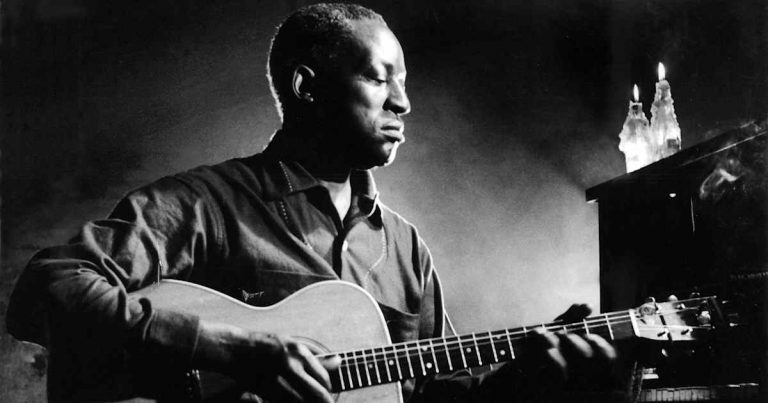A black person might own a shelf full of records by groundbreaking artists like Ma Rainey, Jelly Roll Morton or Duke Ellington, all of whom became best-selling artists on so-called “race records.” But a white person might have no idea who any of those artists were, though they had sold thousands of copies. That’s because race records were sold in stores and advertised in publications that catered to African-Americans. And though they documented and celebrated some of the best black music of their day, from blues to vaudeville to jazz, race records didn’t always benefit African-Americans.
At the turn of the 20th century, black Americans performed in all sorts of musical genres: ragtime, vaudeville, all-black orchestras. But discrimination and income inequity meant that nearly no black artists were recorded. Recording equipment—still in its infancy—was bulky, expensive, and entirely owned by white people, and white people didn’t listen to black music except for vaudeville songs that were sung by white people in blackface.
There were a few early exceptions: George W. Johnson, the first black person ever recorded, who became known as “The Whistling Coon” for his ragtime whistling starting in 1890, and vaudevillians George Walker and Bert Williams, who recorded a variety of songs at the turn of the 20th century. But for the most part, black people could only be found behind the scenes, writing many recorded hits but receiving little money, fame or credit for their work.
Then, in 1920, a black composer named Perry Bradford went to Okeh Records to try to convince them to record a black artist. At the time, the label had an entire division of “foreign” records in languages like Norwegian and Yiddish that were recorded for immigrant communities, and Bradford convinced the label to take a chance on recording a black singer for the line. Mamie Smith, a blues singer, recorded two songs, which were released with marketing that downplayed her race. But when black audiences heard that they could buy a record of a black performer singing black music, they rushed to the stores, buying 75,000 copies of the record despite it costing the equivalent of two hours of work at an average black person’s salary.




